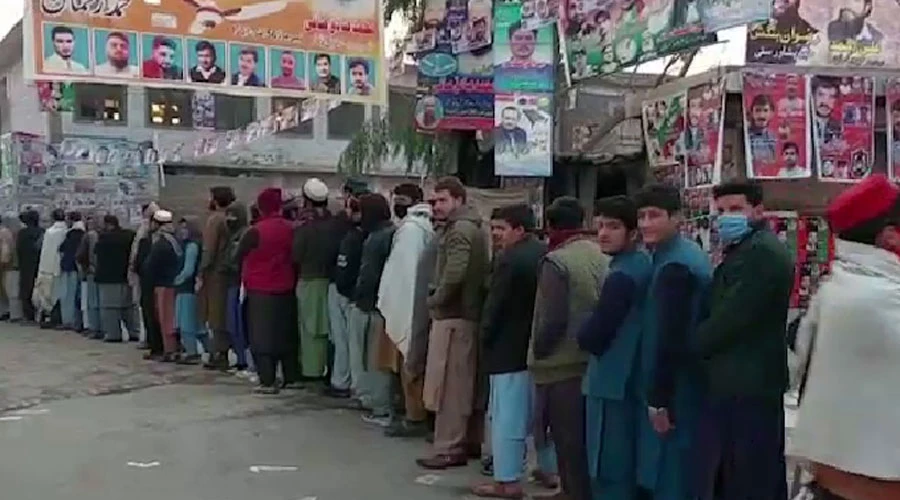By: Muhammad Shahbaz Rajper

In Pakistan, the act of voting is more than just an exercise of personal choice; it is a complex interplay of societal factors that significantly influence electoral outcomes. Feudal lords such as the Sardars of Balochistan, Waderas of Sindh, Chaudharys of Punjab, and Khans of KPK wield considerable sway over their respective followers, impacting the voting preferences of their constituents. Moreover, entrenched family norms dictate political party allegiance, while religious leaders exert their influence over devout followers. These intricate dynamics, intertwined with financial, cultural, religious, psychological, and societal pressures, undermine the essence of democracy in Pakistan.
The feudal elites in Pakistan hold immense power over their workers and laborers, who depend on them for their livelihoods. Consequently, these individuals find themselves unable to prioritize personal free will over their economic survival, ultimately aligning their votes with the wishes of their feudal lords. In their eyes, these tribal leaders represent the government, and their financial support takes precedence over the elected authorities. Consequently, these feudal elites not only secure their own political gains but also further their personal interests at the expense of genuine democratic representation.
Religion, being a potent force in a devout nation like Pakistan, exerts considerable control over the actions of its citizens. Religious figures, particularly the Sajjada Nasheens associated with various shrines, hold sway over their followers’ political inclinations. The blind faith and unwavering loyalty these followers place in their “Murshids” make swaying their political choices a relatively straightforward endeavor. Exploiting religious affiliations, these leaders skillfully manipulate the minds of their faithful followers, directing them towards voting for specific parties or candidates.
Traditional voting patterns rooted in familial connections and historical affiliations are deeply ingrained in Pakistani society. Generations are born into an environment that places immense pressure on them to align their votes with the choices made by their forefathers. Historical interactions, financial assistance, cultural affinities, and religious ties all contribute to the perpetuation of this tradition. In Sindh, for instance, the Pakistan Peoples Party exploits its association with the Bhutto family to garner votes, capitalizing on the deeply ingrained political rhetoric centered around the family’s legacy. The echoes of “Naraye Bhutto, Jiye Bhutto” resound through the streets of Sindh, further solidifying this traditional allegiance.
In the digital era, peer pressure has taken on a new form through social media. Pakistani youth, in particular, are susceptible to the influence of their online peers. Driven by a desire for acceptance and legitimacy, they often conform to prevailing trends, including supporting specific political parties. The phenomenon of “Keyboard Warriors” emerges, where online influencers and trendsetters motivate others to align their voting choices with popular opinions. Politicians adeptly capitalize on this virtual peer pressure, leveraging it as a means to gain free publicity and support.
The combined weight of these societal pressures starkly reveals the inadequacies of democracy in Pakistan. The absence of individual free will in the voting process raises significant concerns. It necessitates urgent awareness campaigns led by the government, media, and non-governmental organizations to underscore the importance of voting and encourage independent decision-making. Furthermore, the Pakistani government must take proactive measures to address the root causes of poverty, religious extremism, and feudalism, as these factors perpetuate societal pressures that impede the exercise of individual agency in voting.
To truly restore the essence of democracy, Pakistan must alleviate the burden of societal pressures on its citizens. By empowering individuals to exercise their democratic rights freely and independently, the nation can forge a path towards a more equitable and inclusive political landscape.
The author is an Undergraduate Student of International Relations at National Defence University, Islamabad. He tweets @Msrajper786






